The iPhone and iPad have upended Japan's mobile device market, pushing out traditionally strong Japanese manufacturers and elevating the Land of the Rising Sun to the top of Apple's growth charts, according to a new report.
Japanese customers brave the wind and rain of a typhoon while lining up to be among the first to purchase an iPhone 5s during the phone's September launch.
With an estimated 37 percent of the smartphone market and 50 percent of the tablet market, Apple has seen explosive growth in Japan and the world's third-largest economy is now Cupertino's fastest-growing market, reports the Wall Street Journal.
Apple's sales in Japan soared nearly 30 percent during the last fiscal year, cushioned by margins 15 percent higher than those Apple enjoys anywhere else in the world, according to the report. In comparison, nearby China — Â which is regularly cited as an important growth market for Apple by people both inside and outside the company — Â saw sales growth of just 13 percent over the same period.
The iPhone's dominant market share is said to be due in part to Apple's brand positioning, which the publication places in the same tier as those of fashion houses Louis Vuitton and Burberry.
Eiji Mori, an analyst with Tokyo-based BCN, Inc., told the Journal that when Japanese consumers choose a new mobile phone, "[the choice is] not about specifications. It's not about rationale. It's about owning an iPhone."
The historically rocky relationship between Japan and Korea, which has given Japanese consumers a deep-seated bias against products from the neighboring peninsula is also cited as a tailwind for Apple in Japan. This cultural rift makes it difficult for Apple's global arch rival, South Korea-based Samsung, to gain a foothold.
Apple's success comes at the expense of stalwart Japanese electronics companies like Sony, Sharp, Panasonic, and NEC. The latter two have been hit so hard that they have chosen to fold and exited the smartphone business entirely, a once unthinkable fate.
 Shane Cole
Shane Cole

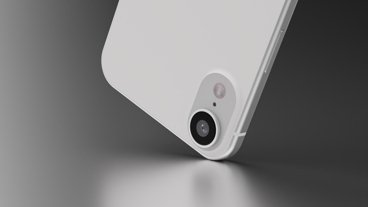
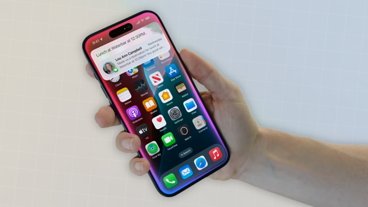
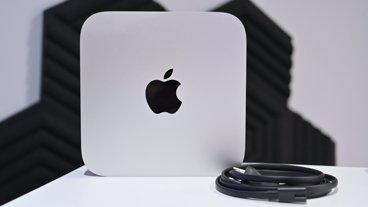
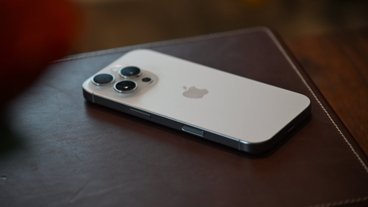
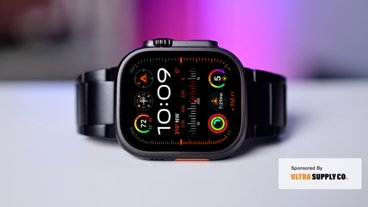

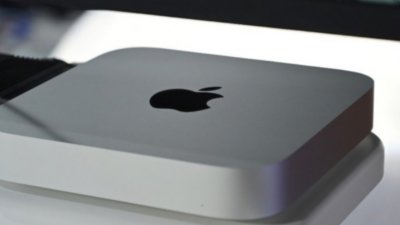
 Malcolm Owen
Malcolm Owen
 Christine McKee
Christine McKee

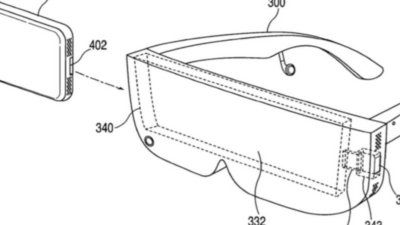
 William Gallagher
William Gallagher
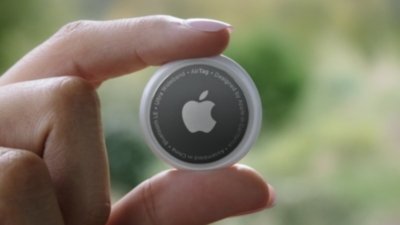
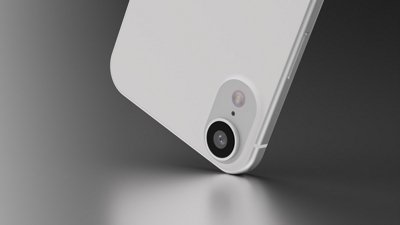
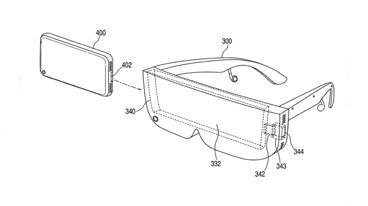
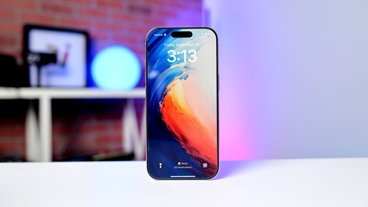




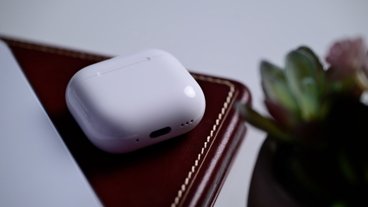


40 Comments
"cushioned by margins 15 percent higher than those Apple enjoys anywhere else in the world", if I was Japanese I'd be seriously pissed at the profiteering.
"The historically rocky relationship between Japan and Korea, which has given Japanese consumers a deep-seated bias against products from the neighboring peninsula is also cited as a tailwind for Apple in Japan. This cultural rift makes it difficult for Apple’s global arch rival, South Korea-based Samsung, to gain a foothold.” That’s putting a sugar coating on it. These two cultures despise one another.
????^_??
"cushioned by margins 15 percent higher than those Apple enjoys anywhere else in the world", if I was Japanese I'd be seriously pissed at the profiteering.
It’s called supply and demand. No one is twisting Japanese arms to buy Apple products. Apple products are not essential to Japanese lifestyle. Apple is not a monopoly in Japan. The Japanese consumer has numerous alternatives to Apple products but they choose to buy Apple at the asking price. Since when is this profiteering. Do you even know the meaning of the word? Selling gasoline at $5/gallon after the 9/11 attacks was profiteering.
Your post is stupid, ignorant, uninformed, useless, baseless, and typical of economically illiterate, uneducated sops and free-tards. It is just as stupid as those who ignorantly claim Apple has an illegal monopoly on its own products. Stupidity knows no bounds.